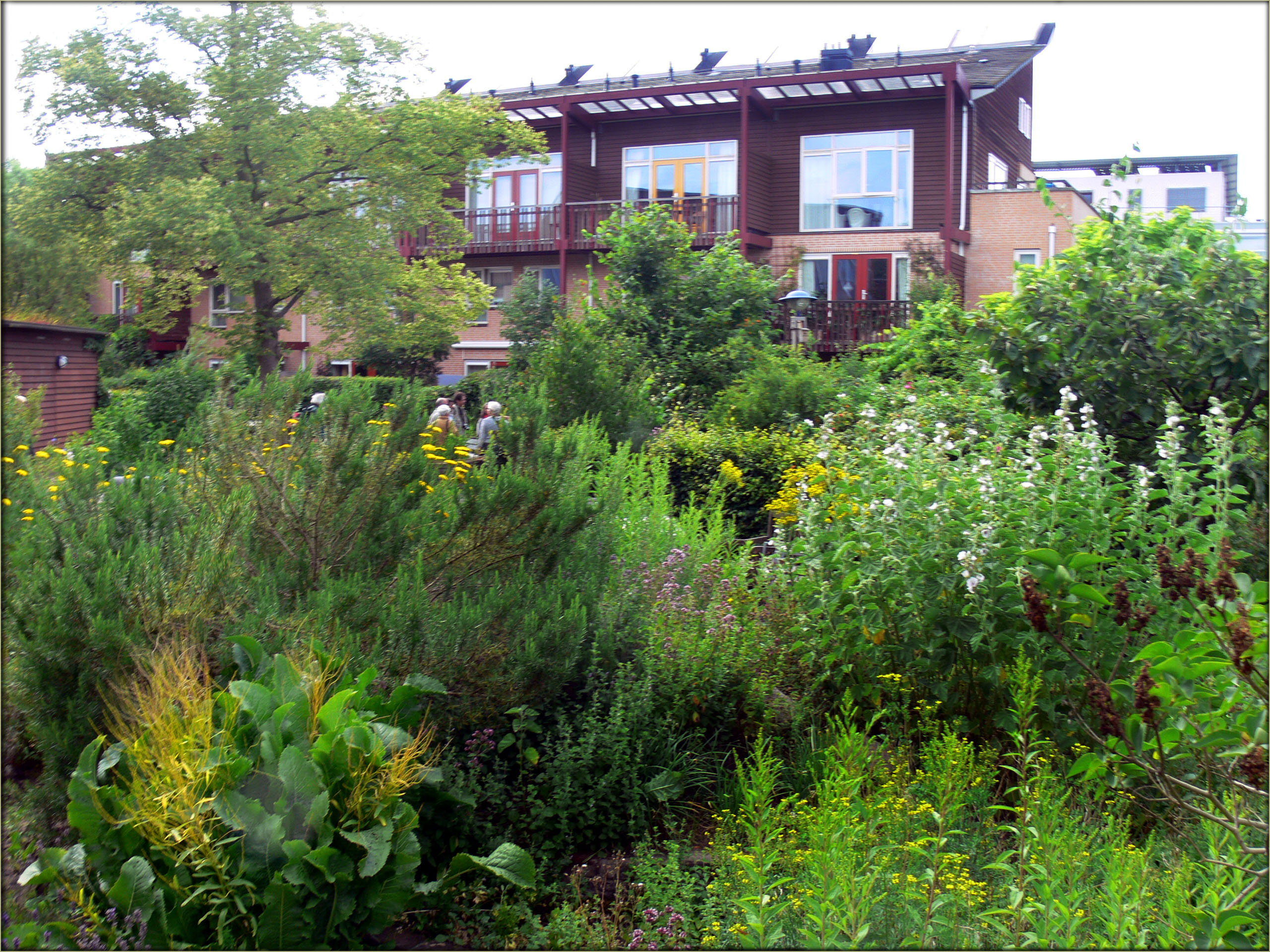Not, I hasten to clarify, the kind of low-maintenance gardening that consists of blanketing everything in a layer of black plastic and piling grey stones on top. That kind of garden is low maintenance because there’s nothing living in it, no growth, and no change. (At least until the weeds arrive. Which they will.)
Rather, these books look at how to create a garden that doesn’t need a lot of intensive and continuing effort on your part, because the plants in it are functioning together the way plants function together in nature, and therefore they can, for the most part, manage just fine without you. Working with nature rather than against it.
The first book is New naturalism : designing and planting a resilient, ecologically vibrant home garden by Kelly D. Norris. Inspiring, practical, and with enough nitty gritty detail to get you underway without drowning you in too much detail. Also refreshingly open to the idea that not all readers will be living and gardening in the United States.
The second book is Planting in a post-wild world : designing plant communities for resilient landscapes by Thomas Rainer and Claudia West. It is slightly more aimed toward the professional landscape architect and/or those landscaping public spaces, but has some good stuff to say nonetheless.
(Both of these books are also, happily, not bound to the sadly prevalent idea that “naturalistic” means “prairie”. Some parts of the world are naturally prairie, others aren’t. Where I live is naturally podocarp forest, which is extremely non-prairie.)
The third book is Gaia’s garden : a guide to home-scale permaculture by Toby Hemenway. It’s a bit different to the first two, as it takes into account the fact that many people with gardens wish to grow things they can actually eat. Not everyone has both the desire and the luxury to garden purely for aesthetics and the benefits to nature.
These are far from being the only books I’ve read in this area, but these are definitely three of the best I’ve read lately.
What good books have you read lately – gardensome or otherwise?

